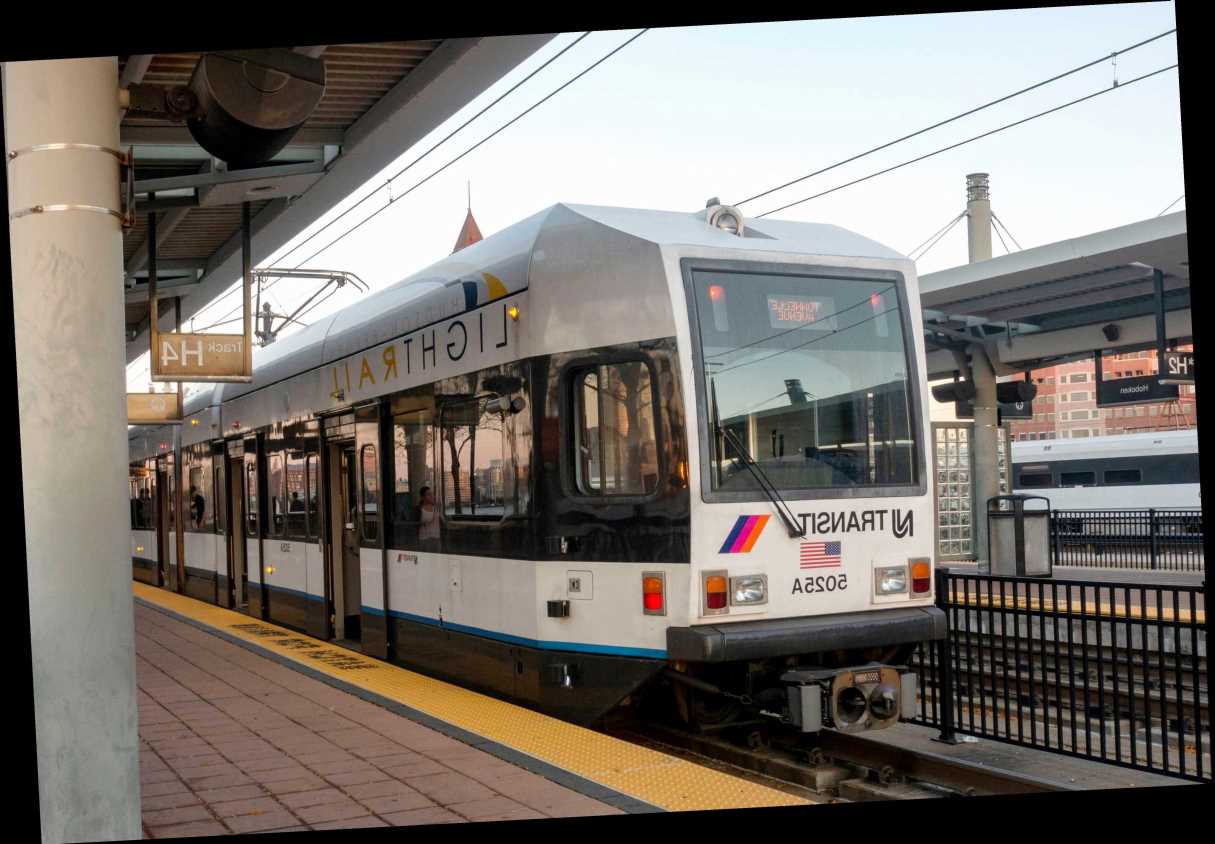New Jersey Gov. Phil Murphy is cutting all public transportation capacity by half and insisting all riders cover their faces while they’re on board.
Murphy made the move Saturday after he announced that the state’s number of confirmed coronavirus cases had jumped by 3,599 in a day, to 58,151 on Friday. A total of 7,618 residents were hospitalized, with 1,746 in intensive care and 1,650 on ventilators.
The death toll rose by 251, to 2,183, he said, and 682 people were discharged Friday.
“While the numbers of our fellow residents in the hospital in critical or intensive care and on respirators is daunting, there are hundreds of people literally each day leaving the hospital, people who have beaten [the virus] to one degree or another,” the governor said. “This should give us hope.”
New Jersey, he said, can’t let up with the efforts at social distancing, which appear to be working.
“We are slowing the rate by which new cases are doubling, which is an important metric” said Murphy, who arrived at his daily briefing in Trenton wearing a face mask. “We remain confident that the course we are on is the right one and that if we all continue with what we need to do — keeping our social distances, wearing a face covering, and otherwise staying home, we will win this war.”
Murphy said he was signing an executive order directing NJ Transit and all private carriers to cut capacity on all trains, buses, light rail vehicles and paratransit vehicles to 50 percent of their maximum number.
The directive also requires NJ Transit and private carriers to provide gloves and face coverings for workers, and requires all riders to wear a face covering while traveling, unless they cannot for medical reasons.
Residents are also required to wear face coverings when they go to a restaurant or bar to get a takeout order. Face coverings aren’t required for curbside pickup. Restaurants and bars are also required to provide face coverings and gloves for their staffs.
Separately, Murphy said that 78 ambulances and EMS squads, including 139 EMTs and 56 paramedics from California, Illinois, Ohio, Pennsylvania, Maryland and other states arrived in New Jersey to provide backup to the stretched emergency responders in New Jersey. The visiting squads were arranged through FEMA, he said.
Four EMTs from New Jersey have died from COVID-19, Murphy said.
Source: Read Full Article
